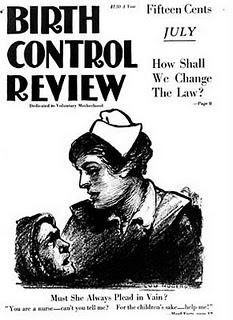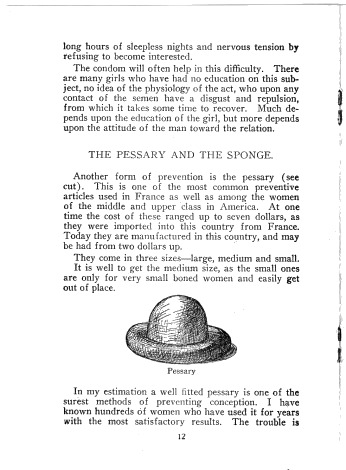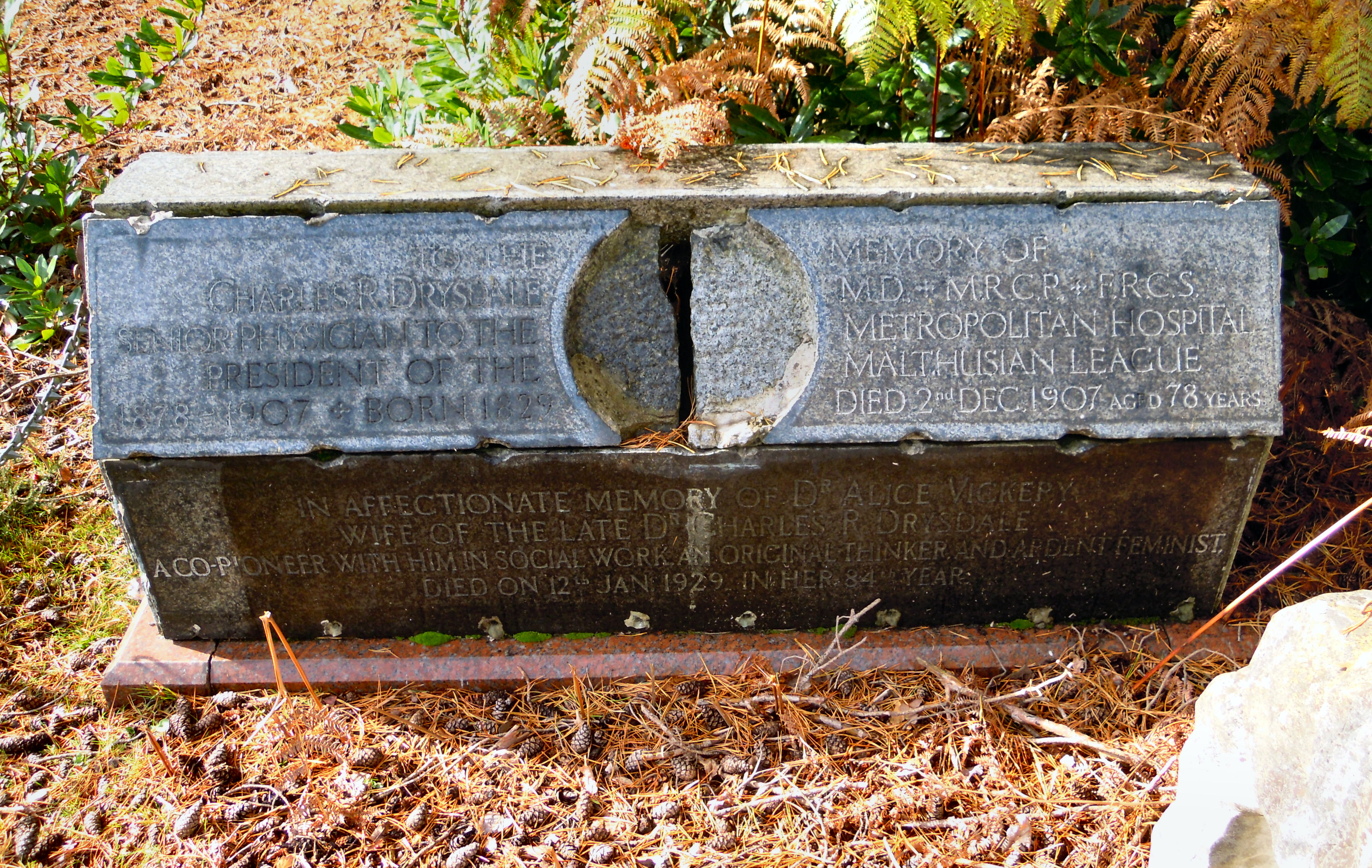|
Martina Kramers
Martina Kramers (1863-1934) was a Dutch suffragist who was a leader in the International Council of Women and the International Woman Suffrage Alliance as well as in the national feminist movement in the Netherlands. In her various roles, Kramers was an active speaker, writer, and conference organizer for the causes she supported. Early life Martina Gezina Kramers was born in Veur on 6 June 1863. Her father was the head of a Protestant boarding school, and as a result of growing up in an educational environment Kramers learned several languages as a child. Kramers' mother died in 1874. At 15, Kramers began studying at a teacher training school in Arnhem. After completing the program, she returned to Rotterdam where she continued to live with her family. Suffragist and social movement activity Kramers' involvement with the women's rights movement in the Netherlands began when she joined the Vereeniging voor Vrouwenkiesrecht in 1894. Together with Marie Rutgers-Hoitsema, she f ... [...More Info...] [...Related Items...] OR: [Wikipedia] [Google] [Baidu] |
Veur
Veur is a former municipality in the Dutch province of South Holland. It covered the northwestern part of the current town of Leidschendam. Veur was a separate municipality between 1817 and 1938, when it merged with Stompwijk to form the new municipality of Leidschendam Leidschendam () is a town and former municipality in the province of South Holland of the Netherlands. Along with Voorburg and Stompwijk, it is part of the municipality Leidschendam-Voorburg. History The town's name has been in use for centur .... References Former municipalities of South Holland {{SouthHolland-geo-stub ... [...More Info...] [...Related Items...] OR: [Wikipedia] [Google] [Baidu] |
Jus Suffragii
''Jus Suffragii'' was the official journal of the International Woman Suffrage Alliance, published monthly from 1906 to 1924. History The International Woman Suffrage Alliance (IWSA), now called the International Alliance of Women, was formed in 1904 in Germany, Berlin, by a group of prominent suffragists from many countries. The IWSA established ''Jus Suffragii'', the official journal of the organisation, in 1906. Its title translates from Latin to "The Right of Suffrage". The journal published news about the progress of the women's suffrage around the world, in addition to news about various other women's issues, including women leaders, women working in male-dominated fields, women's and children's health, marriage and divorce law, prostitution, women's education, maternity benefits, working conditions and the age of consent. It was published in English in London, and in French in Geneva. Each issue cost 4 pence in the United Kingdom, 4 marks in Germany, or 4 francs in France ... [...More Info...] [...Related Items...] OR: [Wikipedia] [Google] [Baidu] |
Dutch Socialist Feminists
Dutch commonly refers to: * Something of, from, or related to the Netherlands * Dutch people () * Dutch language () Dutch may also refer to: Places * Dutch, West Virginia, a community in the United States * Pennsylvania Dutch Country People Ethnic groups * Germanic peoples, the original meaning of the term ''Dutch'' in English ** Pennsylvania Dutch, a group of early Germanic immigrants to Pennsylvania *Dutch people, the Germanic group native to the Netherlands Specific people * Dutch (nickname), a list of people * Johnny Dutch (born 1989), American hurdler * Dutch Schultz (1902–1935), American mobster born Arthur Simon Flegenheimer * Dutch Mantel, ring name of American retired professional wrestler Wayne Maurice Keown (born 1949) * Dutch Savage, ring name of professional wrestler and promoter Frank Stewart (1935–2013) Arts, entertainment, and media Fictional characters * Dutch (''Black Lagoon''), an African-American character from the Japanese manga and anime ''Black L ... [...More Info...] [...Related Items...] OR: [Wikipedia] [Google] [Baidu] |
Dutch Feminists
Dutch commonly refers to: * Something of, from, or related to the Netherlands * Dutch people () * Dutch language () Dutch may also refer to: Places * Dutch, West Virginia, a community in the United States * Pennsylvania Dutch Country People Ethnic groups * Germanic peoples, the original meaning of the term ''Dutch'' in English ** Pennsylvania Dutch, a group of early Germanic immigrants to Pennsylvania *Dutch people, the Germanic group native to the Netherlands Specific people * Dutch (nickname), a list of people * Johnny Dutch (born 1989), American hurdler * Dutch Schultz (1902–1935), American mobster born Arthur Simon Flegenheimer * Dutch Mantel, ring name of American retired professional wrestler Wayne Maurice Keown (born 1949) * Dutch Savage, ring name of professional wrestler and promoter Frank Stewart (1935–2013) Arts, entertainment, and media Fictional characters * Dutch (''Black Lagoon''), an African-American character from the Japanese manga and anime ''Black ... [...More Info...] [...Related Items...] OR: [Wikipedia] [Google] [Baidu] |
Dutch Suffragists
Dutch commonly refers to: * Something of, from, or related to the Netherlands * Dutch people () * Dutch language () Dutch may also refer to: Places * Dutch, West Virginia, a community in the United States * Pennsylvania Dutch Country People Ethnic groups * Germanic peoples, the original meaning of the term ''Dutch'' in English ** Pennsylvania Dutch, a group of early Germanic immigrants to Pennsylvania *Dutch people, the Germanic group native to the Netherlands Specific people * Dutch (nickname), a list of people * Johnny Dutch (born 1989), American hurdler * Dutch Schultz (1902–1935), American mobster born Arthur Simon Flegenheimer * Dutch Mantel, ring name of American retired professional wrestler Wayne Maurice Keown (born 1949) * Dutch Savage, ring name of professional wrestler and promoter Frank Stewart (1935–2013) Arts, entertainment, and media Fictional characters * Dutch (''Black Lagoon''), an African-American character from the Japanese manga and anime ''Black L ... [...More Info...] [...Related Items...] OR: [Wikipedia] [Google] [Baidu] |
Esperantist
An Esperantist ( eo, esperantisto) is a person who speaks, reads or writes Esperanto. According to the Declaration of Boulogne, a document agreed upon at the first World Esperanto Congress in 1905, an Esperantist is someone who speaks Esperanto and uses it for any purpose. Lists of famous Esperantists Important Esperantists * Muztar Abbasi, Pakistani scholar, patron in chief of PakEsA, translated the Qur'an and many other works into Esperanto * William Auld, eminent Scottish Esperanto poet and nominee for the Nobel Prize in Literature * Julio Baghy, poet, member of the Academy of Esperanto and "Dad" ("Paĉjo") of the Esperanto movement * Henri Barbusse, French writer, honorary president of the first congress of the Sennacieca Asocio Tutmonda * Kazimierz Bein, "Kabe", prominent Esperanto activist and writer who suddenly left the Esperanto movement * Émile Boirac, French writer and first president of the Esperanto language committee (later the Academy of Esperanto) * Antoni ... [...More Info...] [...Related Items...] OR: [Wikipedia] [Google] [Baidu] |
Birth Control Review
''Birth Control Review'' was a lay magazine established and edited by Margaret Sanger in 1917, three years after her friend, Otto Bobsein, coined the term "birth control" to describe voluntary motherhood or the ability of a woman to space children "in keeping with a family's financial and health resources.". Sanger published the first issue while imprisoned with Ethel Byrne, her sister, and Fannie Mindell for giving contraceptives and instruction to poor women at the Brownsville Clinic in New York. Sanger remained editor-in-chief until 1928, when she turned it over to the American Birth Control League. The last issue was published in January 1940. History In October 1916 Sanger opened a family planning and birth control clinic in Brownsville, New York. Sanger was arrested twice while in operation for the illegal distribution of contraceptives and for being a public nuisance. Sanger was charged with 30 days in jail where she began publishing the Birth Control Review (1917). The p ... [...More Info...] [...Related Items...] OR: [Wikipedia] [Google] [Baidu] |
Margaret Sanger
Margaret Higgins Sanger (born Margaret Louise Higgins; September 14, 1879September 6, 1966), also known as Margaret Sanger Slee, was an American birth control activist, sex educator, writer, and nurse. Sanger popularized the term "birth control", opened the first birth control clinic in the United States, and established organizations that evolved into the Planned Parenthood Federation of America. Sanger used her writings and speeches primarily to promote her way of thinking. She was prosecuted for her book ''Family Limitation'' under the Comstock Act in 1914. She feared the consequences of her writings, so she fled to Britain until public opinion had quieted. Sanger's efforts contributed to several judicial cases that helped legalize contraception in the United States. Due to her connection with Planned Parenthood, Sanger is frequently criticized by opponents of abortion. However, Sanger drew a sharp distinction between birth control and abortion and was opposed to abortions th ... [...More Info...] [...Related Items...] OR: [Wikipedia] [Google] [Baidu] |
Alice Vickery
Alice Vickery (also known as A. Vickery Drysdale and A. Drysdale Vickery; 1844 – 12 January 1929) was an English physician, campaigner for women's rights, and the first British woman to qualify as a chemist and pharmacist. She and her life partner, Charles Robert Drysdale, also a physician, actively supported a number of causes, including free love, birth control, and destigmatisation of illegitimacy. Education and marriage Vickery was born in Devon in 1844 to a piano maker and organ builder. By 1861, she had moved to South London. Vickery began her medical career at the Ladies' Medical College in 1869. There she met the lecturer Charles Robert Drysdale and started a relationship with him. They never married, as they both agreed with his brother George (also a neo-Malthusian physician) that marriage was " legal prostitution". The society, however, generally presumed that the pair were married; had their contemporaries known that they were in a free union, their car ... [...More Info...] [...Related Items...] OR: [Wikipedia] [Google] [Baidu] |
Aletta Jacobs
Aletta Henriëtte Jacobs (; 9 February 1854 – 10 August 1929) was a Dutch physician and women's suffrage activist. As the first woman officially to attend a Dutch university, she became one of the first female physicians in the Netherlands. In 1882, she founded the world's first birth control clinic and was a leader in both the Dutch and international women's movements. She led campaigns aimed at deregulating prostitution, improving women's working conditions, promoting peace and calling for women's right to vote. Born in the mid-nineteenth century, Jacobs yearned to become a doctor like her father. Despite existing barriers, she fought to gain entry to higher education and graduated in 1879 with the first doctorate in medicine earned by a woman in the Netherlands. Providing medical services to women and children, she grew concerned over the health of working women, recognizing that as laws did not provide adequate protection for their health, their economic stability was com ... [...More Info...] [...Related Items...] OR: [Wikipedia] [Google] [Baidu] |
Samuel Van Houten
Samuel van Houten (17 February 1837 – 14 October 1930) was a Dutch liberal politician and philosopher, who served as Minister of the Interior from 1894 to 1897. Early life Van Houten was born in Groningen into a wealthy Mennonite family. His parents were Derk van Houten, a timber merchant and local politician, and his wife Barbara Elizabeth Meihuizen. After attending a Latin school from 1849 to 1854, he studied Law at the University of Groningen, obtaining a degree in 1859. He then worked as a lawyer. He quickly became involved in the city's politics, getting elected to the municipal council in 1864 and becoming one of the city's aldermen in 1867. About this time Van Houten left the Mennonite Church and became an agnostic. Member of the House of Representatives In 1869, van Houten was first elected to the House of Representatives for the electoral district Groningen. In the House of Representatives, Van Houten quickly established himself as an independent liberal, not reluc ... [...More Info...] [...Related Items...] OR: [Wikipedia] [Google] [Baidu] |
Neo-Malthusian
Malthusianism is the idea that population growth is potentially exponential while the growth of the food supply or other resources is linear, which eventually reduces living standards to the point of triggering a population die off. This event, called a Malthusian catastrophe (also known as a Malthusian trap, population trap, Malthusian check, Malthusian crisis, Malthusian spectre, or Malthusian crunch) occurs when population growth outpaces agricultural production, causing famine or war, resulting in poverty and depopulation. Such a catastrophe inevitably has the effect of forcing the population to "correct" back to a lower, more easily sustainable level (quite rapidly, due to the potential severity and unpredictable results of the mitigating factors involved, as compared to the relatively slow time scales and well-understood processes governing unchecked growth or growth affected by preventive checks). Malthusianism has been linked to a variety of political and social movements ... [...More Info...] [...Related Items...] OR: [Wikipedia] [Google] [Baidu] |




.png)
.jpg)
